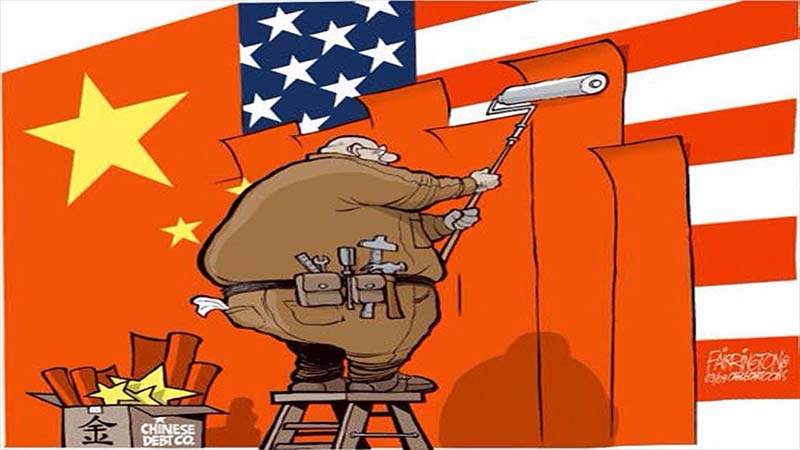GET IN TOUCH
- Please wait...

In a unipolar world order, the term post-American world remains quite novel to an average person.
Many may question the practicality of a world order devoid of US influence and dominance. Since the close of the second world war, the US has maintained its dominance over the world by combining its military might with economic power.
The Twin Tower attacks changed all that. America, long considered invincible, was floored by the audacity and reach of Al Qaeda. The attack subsequently forced them to undertake military action in Afghanistan. That campaign was followed by another in Saddam’s Iraq, which had a heavy toll on US military spending, and still has the US reeling.
So what should the post-American world look like? Is the American economy already on the decline? Fareed Zakaria, a renowned US journalist, portrays this phenomenon in his book, The Post-American World, as the rise of the rest, instead of the fall of America. The principal challenger is China and, to some extent, India. Both countries have been experiencing spectacular economic growth riding on the secondary sector and tertiary sectors of China and India, respectively.
Following the removal of its self-imposed isolation in the second half of the 20th century, the Chinese government has been working judiciously towards improving its economic growth. The government has been incentivizing MNCs to set up their factories through a set of investment policies favoring foreign investors. As a result, courtesy of low-cost labor, cheap Chinese goods have successfully penetrated the world market, allowing the country to further strengthen its economy.
China currently boasts the world’s second-largest economy. Growth in the Chinese economy continues and it is expected that it will become the largest economy by 2020, surpassing the US.
Although China’s foreign policy motto remains “peaceful rise,” their economic clout has afforded them to become more active in world affairs. The focus of their foreign policy remains to secure mineral resources for the burgeoning manufacturing industry. In terms of military technology and strength, China remains far behind the US, with no foreseeable change.
Given this backdrop, the Americans find themselves in a difficult position facing a rising China. Both countries have recently been at loggerheads over China’s “Senkaku Island” land dispute with Japan. Because of changing dynamics, the US is now shifting its focus to Asia. India is a potential ally in countering China’s influence. It will be interesting to see how things pan out, as the future of the so-called post-American world will depend on the interactions between China and the US.
Source: Dhaka Tribune
Our experts can help you solve your unique challenges
Stay up-to-date with our Thought Leadership and Insights